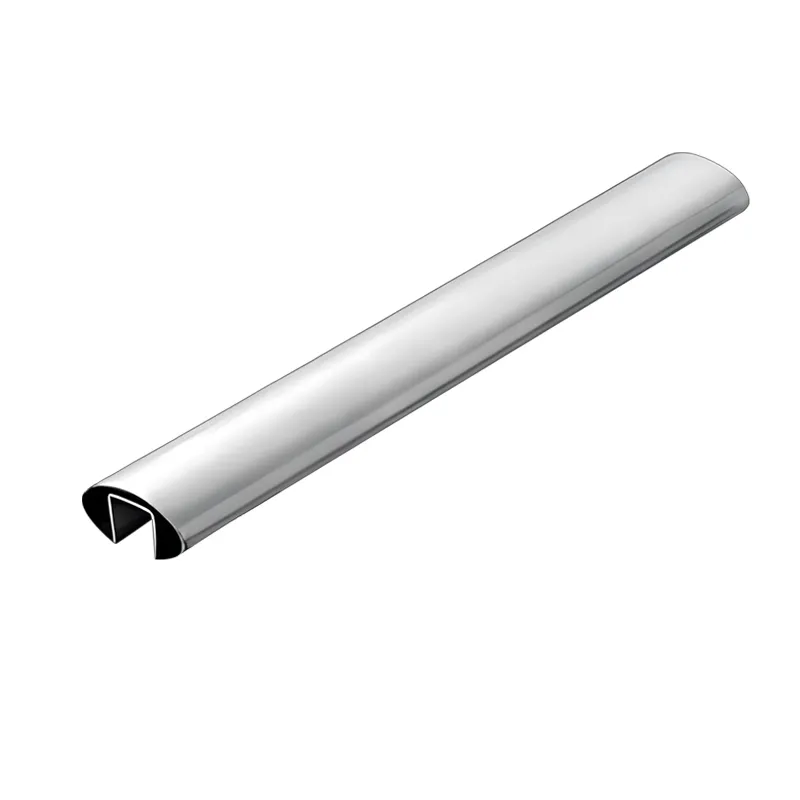
Basic Car Parts Understanding Your Vehicle
Cars are complex machines composed of various components, each playing a crucial role in the overall functionality of the vehicle. Understanding the basic car parts can help you maintain your vehicle better and enhance your driving experience. Here’s an overview of some essential components that make up a car.
1. Engine The engine is often considered the heart of the vehicle. It converts fuel into mechanical energy to power the car. There are various types of engines, including internal combustion engines, hybrid engines, and electric engines. Regular maintenance, such as oil changes and coolant checks, is essential to keep the engine running smoothly.
2. Transmission The transmission is responsible for transferring power from the engine to the wheels. It allows the vehicle to change speeds and ensures that it operates efficiently. There are two main types of transmissions manual and automatic. A well-maintained transmission is vital for optimal performance and fuel efficiency.
3. Battery The car battery stores electrical energy and provides the necessary power to start the engine and run electrical components like lights and radios. A weak or dead battery can leave you stranded, so it’s important to check the battery regularly and replace it when necessary.
4. Brakes Brakes are critical for safety, allowing drivers to slow down and stop the vehicle. There are different types of brake systems, including disc brakes and drum brakes. Regular inspection and maintenance of brake pads and fluid levels are crucial to ensure effective braking performance.

5. Tires Tires are the only contact point between the car and the road. They provide traction, stability, and control. Maintaining proper tire pressure and regular rotation can extend tire life and improve fuel efficiency. Additionally, checking tread depth can prevent accidents caused by skidding.
6. Suspension The suspension system supports the vehicle's weight, absorbs shocks, and helps maintain tire contact with the road. It consists of components like shock absorbers, struts, springs, and control arms. A well-functioning suspension system contributes to a smooth ride and improved handling.
7. Exhaust System The exhaust system directs harmful gases away from the engine and reduces environmental pollution. It includes components such as the exhaust manifold, catalytic converter, and muffler. Regular checks can prevent harmful emissions and ensure the system is operating efficiently.
8. Cooling System The cooling system prevents the engine from overheating by regulating its temperature. Key components include the radiator, water pump, and thermostat. Regular maintenance of the cooling system is crucial to prevent engine damage and ensure reliable performance.
9. Fuel System The fuel system delivers gasoline or diesel to the engine. It includes the fuel tank, fuel pump, fuel filter, and injectors. Keeping the fuel system clean and in good condition ensures that your engine runs efficiently.
In conclusion, basic car parts work together to ensure your vehicle runs smoothly and safely. Understanding these components can empower you as a car owner to perform routine maintenance and identify potential issues early. Regular checks and servicing of these critical parts can enhance your car's lifespan and improve your driving experience. Whether you're a novice or experienced car owner, having a solid understanding of the essential parts can make all the difference in maintaining your vehicle’s performance.